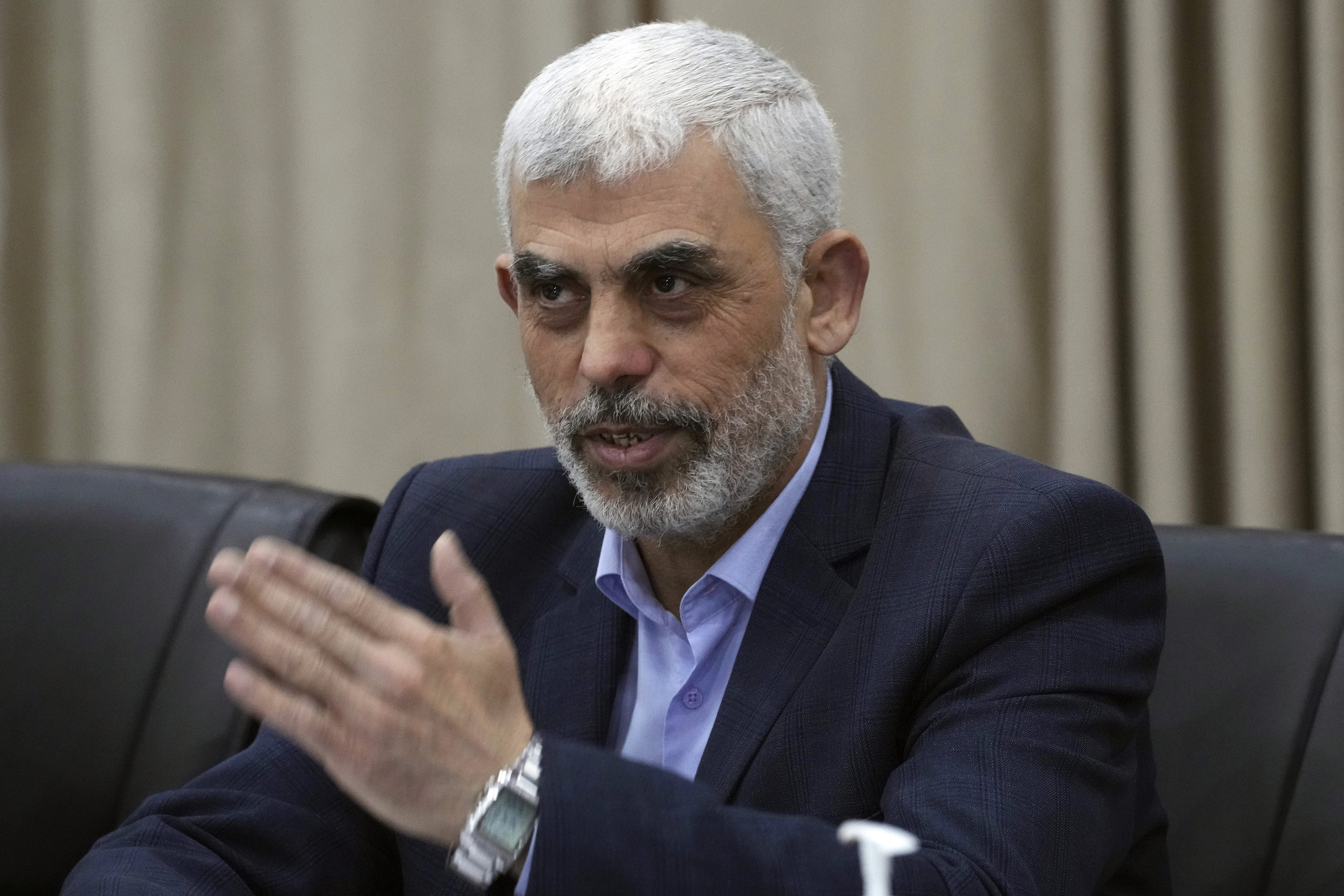Leaders of the United States, Egypt and Qatar jointly demanded Israel and Hamas return to stalled talks on the war in Gaza next week, saying that "only the details" of carrying out a cease-fire and hostage release remain to be negotiated. "There is no further time to waste, nor excuses from any party for further delay," they said in a joint statement.
Israeli Prime Minister Benjamin Netanyahu's office said Thursday, "Pursuant to the proposal by the U.S. and the mediators, Israel will — on 15 August — send the negotiations team to a place to be determined in order to finalize the details of the implementation of the framework agreement."
President Joe Biden, Egyptian President Abdel Fattah el-Sisi and Qatari Emir Tamim al-Thani, mediators in indirect negotiations to end 10 months of devastating war in Gaza, set the talks for Aug. 15, to take place in either Doha, Qatar, or Cairo.
A senior U.S. official, speaking to reporters on condition of anonymity to discuss the push by mediators, said only four or five areas of disagreement over implementation remained to be resolved between the two opponents.
The official cited the timing of a planned swap of Palestinian detainees held by Israel, and hostages held by Hamas, as an example.
Egypt, the U.S. and Qatar said they have a proposal ready to present at next week's talks to resolve the remaining issues.
Critics of Netanyahu accuse him of slow-rolling talks to end the war in Gaza, which began Oct. 7 when Hamas-led militants killed about 1,200 people in Israel. Israel's offensive in Gaza since then has killed nearly 40,000 people.
There was no immediate response to the offer by Hamas. Last week's killing of its top political leader in Tehran raised tensions across the region, an escalation widely seen as a blow to cease-fire talks. The killing was widely ascribed to Israel, although Israel has not commented.
U.S. officials have said they believe Hamas can resume negotiations despite the July 31 assassination of Ismail Haniyeh, who had been presiding over the talks for Hamas.
Hamas military chief Yahya Sinwar, who is believed to be sheltering from Israeli attack in underground bunkers beneath Gaza, took over as the group's political leader. Hamas had other representatives besides Haniyeh attending the talks who can step in for the slain official, State Department spokesman Matthew Miller said.
